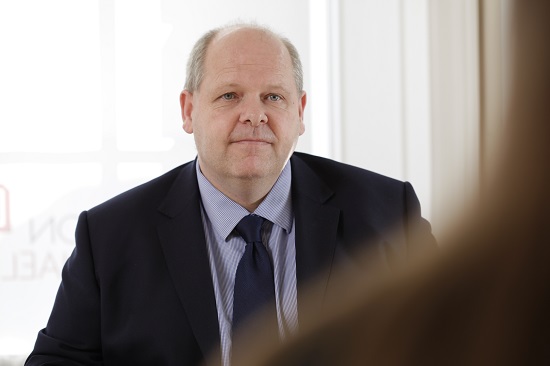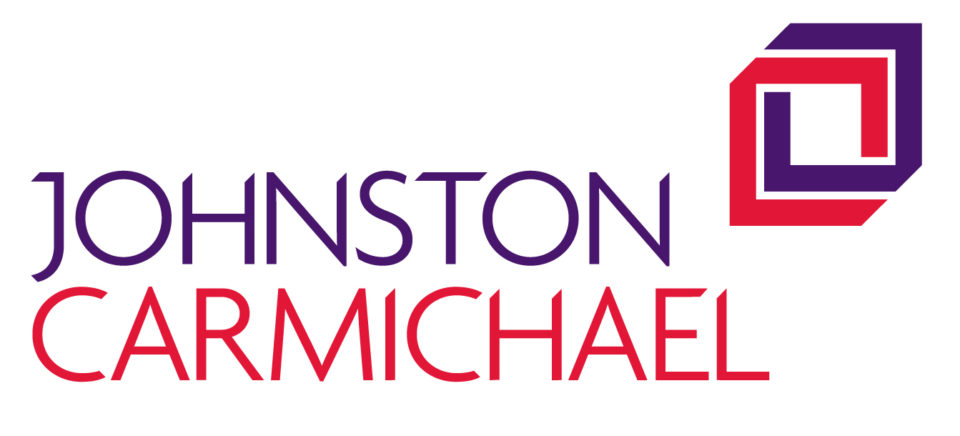Blog: No easy answer for those caught in pension tax trap

Peter Young
Peter Young, Partner, head of Private Client Tax at Johnston Carmichael, highlights the tax pitfalls facing many people with personal pension schemes, as an important deadline looms into view and the NHS finally makes a move to address the situation
Doctors, dentists, university professors, head teachers, MPs and senior civil servants approaching retirement are among those facing some tough choices as complex pension tax measures begin to bite.
It’s a perfect tax storm. Complex measures and punitive charges coupled with a lack of clarity and awareness are leading to unintended consequences - such as experienced medical professionals reducing hours - as many in the public sector struggle to get to grips with how best to tackle the scenario.
The Financial Times reported that some doctors, GPs and dentists will receive a potential tax bill of £80,000. Last week, the scale of the problem was finally acknowledged by the NHS. The Interim NHS People Plan announced there will be a consultation on new pension flexibility for senior doctors.
The other problem is the strict 31 July deadline is rapidly approaching for asking pension schemes to pay any annual allowance tax charge that individuals have accrued for the year to 5 April 2018. It is already too late to ask for pension scheme help to meet a 2016/17 liability, and HMRC will charge interest and penalties on late tax payments.
The tapered annual allowance was introduced from 6 April 2016. In short, it meant a reduced annual allowance may apply to all pension savings by or on behalf of a member, depending on the level of taxable income within the tax year.
Those with a threshold income of more than £110,000 and an adjusted income of more than £150,000 are affected. For every £2 that an individual’s adjusted income goes over £150,000, their annual allowance for that year reduces by £1.
In many cases, those with private pension schemes affected by the tapered allowance are already working with their employers to negate the impact. Strategies such as pension contribution caps, share issues and cash pay outs have already been rolled out.
It is senior figures in the public sector, like NHS consultants and Scottish MPs, that will be hit hardest as inflexibility in the system means there is no room to address the issues associated with the tapered allowance. Instead they will have to choose between paying hefty extra tax bills or agreeing to come out of the pension scheme.
Others have already submitted incorrect tax returns to HMRC, while many are unaware they need to report anything due to carrying forward unused annual allowance. However, you can only take advantage of any unused allowance from the previous three tax years and since the tapered allowances was introduced in 2016, that head room is now running out in many cases.
As a result, there will be a significant hike in numbers of those facing tax bills for as much as £15,000 to £25,000. This can be paid in a one-off instalment, but generally this is unaffordable for most taxpayers.
The suggested solution is generally to ask the pension scheme to pay the tax. This seems like a good idea until you see the size of the projected annual lifelong pension reduction for both the individual and their dependants. For 2017/18 pension allowance tax charges the deadline is 31 July 2019, just six months after the 2018 tax return submission deadline, and a date that will be missed by a significant number of people.
Some are taking more dramatic measures. For example, there seems to have been a significant increase in the number of doctors deciding to stop contributions into the NHS pension scheme, but giving up renumeration and pension rights does not seem like a fair solution to this particular problem. Others are taking steps to retire early, while many, particularly within the NHS, are reducing working hours. In a step forward, last week’s NHS report promised, “we will work with the government to seek changes that encourage individuals to stay within the NHS and ensure the right incentives.”
These are not easy choices for those caught in the pension tax trap, but people need to make moves to address it now - or face penal consequences.
For further information about Johnston Carmichael, visit www.johnstoncarmichael.com











